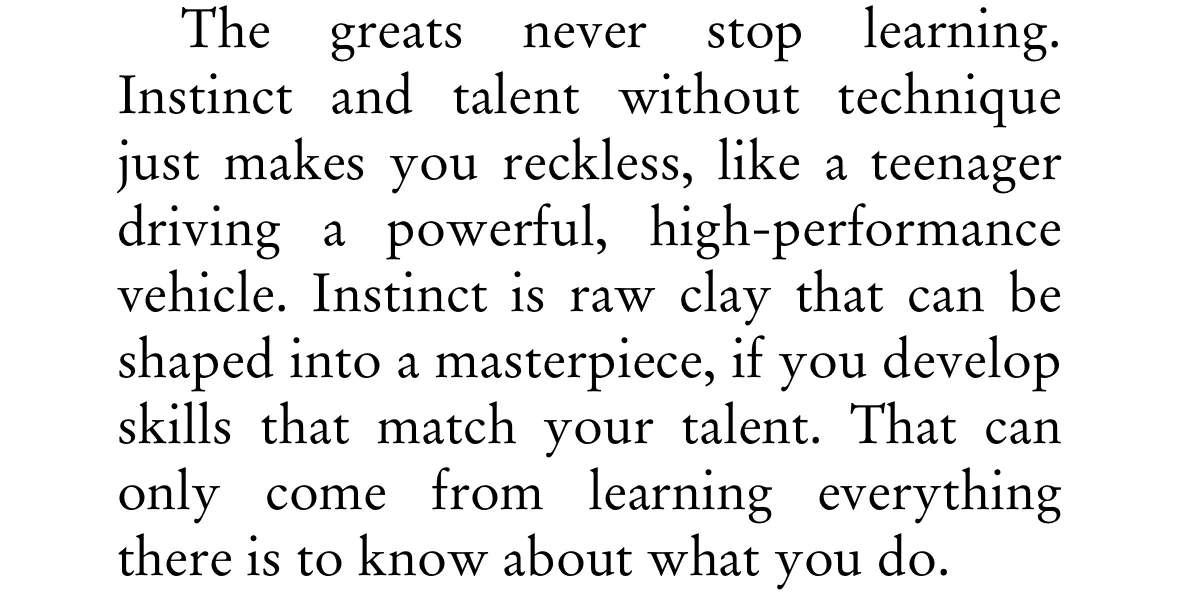A good friend of mine, Kehinde, shared a brilliant piece with me on working hard and taking everything really seriously. It is an insightful read and deeply investigates work-life balance, how hard a person should work, and what they should focus on, life or work.
Following up on moving fast but smoothly, and Well, you wouldn’t be missed; both of these discussed more about being a hard but smart worker. The next question is: What about my life?
My best takeaway from the article is the closure:
It isn’t a revolutionary idea that people who are excellent in their fields often get there by trying really hard. If you can figure out the difference between busy-work that only benefits your employer, and the kind of work that makes you as a person feel like you’re making progress and becoming more skilled, then you’re ready to learn.
What about your life? Really?
Let’s try the biographies of a few notable people:
Alan Turin’s contributions to computer science are well-known.
Isaac Newton is renowned for his contributions to science in general, calculus, and gravity.
It is general relativity that makes Albert Einstein famous.
Football is how Abedi Pele is best remembered.
As far as football players go, Messi is the greatest of all time.
Tiger Woods is well-known for his accomplishments in golf.
William Shakespeare is known as the greatest playwriting and poetry.
Thomas Edison is known for his work on the light bulb.
Fredrick Lugard is known for the amalgamation of Nigeria.
One notable mention is Pharoah, known for his tyranny during his rulership. But which of the Pharaohs? Cleopatra? No!
All the names mentioned have etched their names on history and have been allowed to work on things that affect many lives directly.
Your local teacher would be remembered too, not for his family, not for his jovial attitude, but for their impact on their students.
Aleem is a software engineer; that is all I can tell about myself. What would you say about me when I am not here and a recommendation is to be made on my behalf?
Would you think of me as that competent engineer? Would you want to be associated with me and my work?

I think regardless of how we paint work-life balance, we forget what makes our life balance is the impact we create on others, which gives us rewards that we use to keep other parts of our lives alive.
As said in the referenced article, our daily jobs do not give us the leverage to have as much impact.
How I measure a job is how fast I would outgrow my responsibilities—I know I would, but most times the job stops becoming interesting after a few months.
Interesting for me is when I have problems and no solution has occurred to me immediately.
Most jobs are like that. Think of a secretary, a plumber, a software engineer, or an electrician. Our jobs are often repetitive and could become second nature, like a habit.
So, what happens when you need to find a new job? Do you think every other company has the same kind of problem/tools/process/culture as yours?
I don’t think so. I am sure you would agree.
In this modern artificial intelligence age, the need for adaptability has never been so in demand.
As a professional, how fast can you adapt to a new environment, or how fast can you adapt when the conditions of your current environment change?
Adaptation comes from experience; in the case of evolution, once a habitat is altered, only a variant of species that have tolerance to the changes survive, and the others die.
My question is, do you want your professional life to go extinct because something changed?
I read Who Moved My Cheese countless times; it is part of the books I read frequently to remind myself—nah, you can’t rest yet!
Had Sniff and Scurry rested after finding their first stockpile, they could have faced the same problems Haw and Hew faced. Before the cheese finished at section C, they found another.
They devised a strategy to spend some time after eating to find other sources. Their strategy is so interesting to me that once applied to a work-life could help grow some adaptation skills.
You could spend a few hours weekly searching for trends and experimenting on them; it doesn’t have to be the work directly assigned to you by your employer. You are trying to adapt to a future change in your professional ecosystem because you don’t want to go extinct.

Relentless, Tim Grover
The day your professional death starts is when you stop showing up, giving your best, following the trends, and joining the relevant ones.
You don’t have to be the greatest like the ancestors and their predecessors; not everyone can even be famous in their local community. But that doesn’t mean you should not do your best to hold a reputation for which your friends respect you.
If you wish to adapt, your other life would suffer a hit; no sugarcoating. Is there a balance, really? For some people, yes; for most, no.
You only want to ensure you are there for the important and necessary events/occasions that you are required for your people—your family, parents, siblings, friends; and yourself—health checks, gym, food, keeping clean. Other times might be spent staying adaptable.
In the Suits series, Alex Williams asks Robert Zane why he stopped taking up cases after retiring. He gave the narration of a fund manager, who, when active, would be called many times a day by investors and borrowers, and upon retiring, the calls stopped coming.
Investors and lenders call the new manager that can solve their problems.
Robert mentioned a statement that sticks with me:
The day you retire is the day you expire.